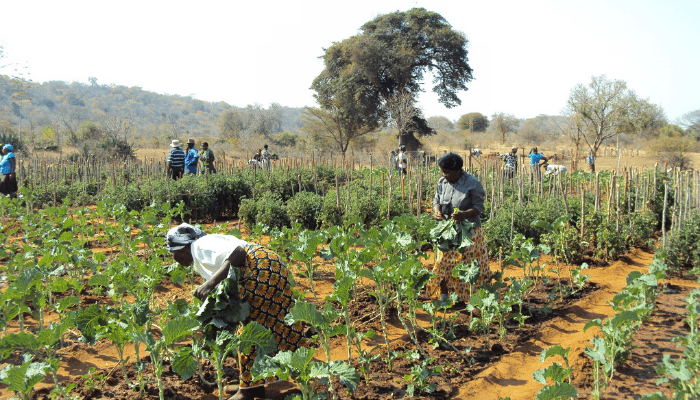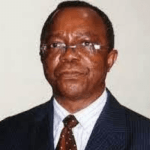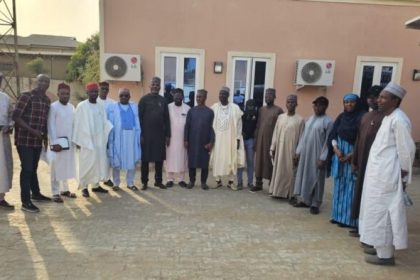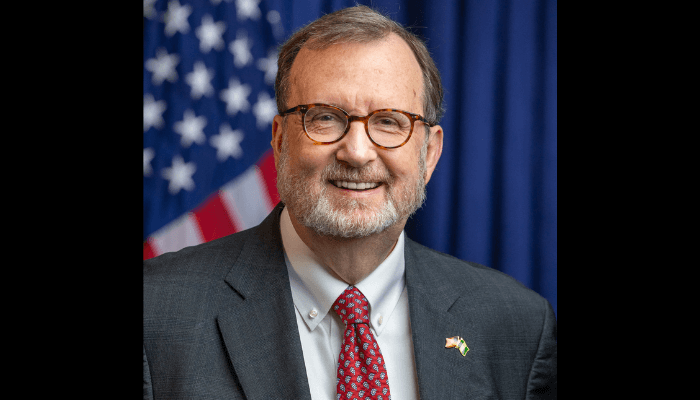In a bid to drive agricultural research in Africa’s most populous country, Sahel Consulting and the Syngenta Foundation for Sustainable Agriculture (SFSA) have collaborated to convene stakeholders to a country-level policy study on agric research and development.
The convening brought together stakeholders within the public and private sectors and the development and donor landscape to disseminate the findings from the study and discuss key strategies on how public research activities and funding can be reoriented and supported to be more closely focused on innovations that can tackle gaps in the agri-food system.
In her welcome address, Yuan Zhou, the head of agricultural policy at Syngenta Foundation emphasized the crucial role of demand-driven agricultural research in supporting the innovation process to transform food systems to address climate change, nutrition, and sustainability-related issues to achieve food and nutrition security for Nigeria’s growing population.
Also, Garba Sharubutu, executive secretary of the Agricultural Research Council of Nigeria (ARCN) and a professor in his goodwill message applauded the timely intervention of the study as it coincides with the assent of the ARCN Amendment Bill by President Muhammadu Buhari.
Sharubutu who was represented by Umar Umar, his technical adviser also mentioned that the ARCN would review the recommendations of the study, to identify areas of implementation to ensure stronger coordination of agricultural research efforts in Nigeria, to achieve food and nutrition security.
In a keynote address, Patience Yamah, deputy director of appointment, promotions, and discipline at FMARD, who was representing the permanent secretary, stressed the importance of agricultural research and development for national food security and emphasized the need for future agriculture R&D to focus on themes that guarantee food safety and security, improved nutrition, and health of the population, while also providing jobs, income, and revenue for both the citizens of the country and the government.
Read also: Diaspora summit will target small businesses, agriculture -NIDCOM boss
She highlighted that the reorientation of agriculture research and development must focus on areas such as the capacity building of actors to conduct innovative research, increased research focuses on high yielding climate-resilient seed varieties to withstand climate change variability, and veterinary services to guarantee the quality of food available for consumption, use of technology to build resilient food systems, mechanization, and support for supply chain management in the sector to reduce food loss and waste and improve food supply.
She called for collaboration and synergy among agricultural research institutes and colleges of agriculture, increased support for extension services, and engagement with end-users during the research process, to obtain end-user preferences and ensure that research is demand-driven.
The convening also featured a panel discussion facilitated by Lord Paul Boateng, a board member of the Syngenta Foundation for Sustainable Agriculture and included key stakeholders across the agriculture research and development landscape in Nigeria as panelists.
Discussing the greatest challenge to be addressed in the agricultural research and development landscape, Lucky Omoigui, a seed system specialist at International Institute of Tropical Agriculture (IITA), Kano, highlighted factors such as the low adoption of varieties, low crop yield, lack of technology and mechanization, inadequate extension services, unavailability of funding, misuse of available funds, and lack of a clear policy direction for holistically addressing system challenges as key areas of concern.
Anthony Job, the group head, technical at Value Seeds Limited, Zaria highlighted the low adoption rates of improved varieties as a key challenge and suggested the need for improved extension services in the sector to ensure the delivery of research technologies to farmers.
Similarly, Audu Grema, senior program officer, Agriculture at the Bill and Melinda Gates Foundation Nigeria stated the misalignment of governance in the research institutions as a challenge and recommended increased collaboration between research institutes and the industry to address the current needs and challenges of end-users. Regarding funding for agricultural research and development, he suggested the establishment of a similar scheme to the Tertiary Education Trust Fund (TETFUND) in the agricultural research landscape, where agricultural companies are required by law to support agricultural research with a percentage of their profits.
In her closing remarks, Ndidi Nwuneli (MFR), managing partner, Sahel Consulting Agriculture and Nutrition Ltd, reemphasized the critical role of agriculture research and development for data-driven decision making by the government, the important role of the private sector to drive investment and for non-profit organizations to engage in the process.
She stated the need for collaboration among actors across the public and private sectors, civil society, and development landscape to foster agriculture research and development in Nigeria and charged actors to act urgently to deliver impact.
Simon Winter, executive director of the Syngenta Foundation for Sustainable Agriculture, in his final remarks, restated the need for research to be driven by end-users and emphasized the need for a linkage between funding for agriculture research and the current need of end-users to achieve sustainable impact.











